Exhibition: A Century of the Ellamaa Power Station
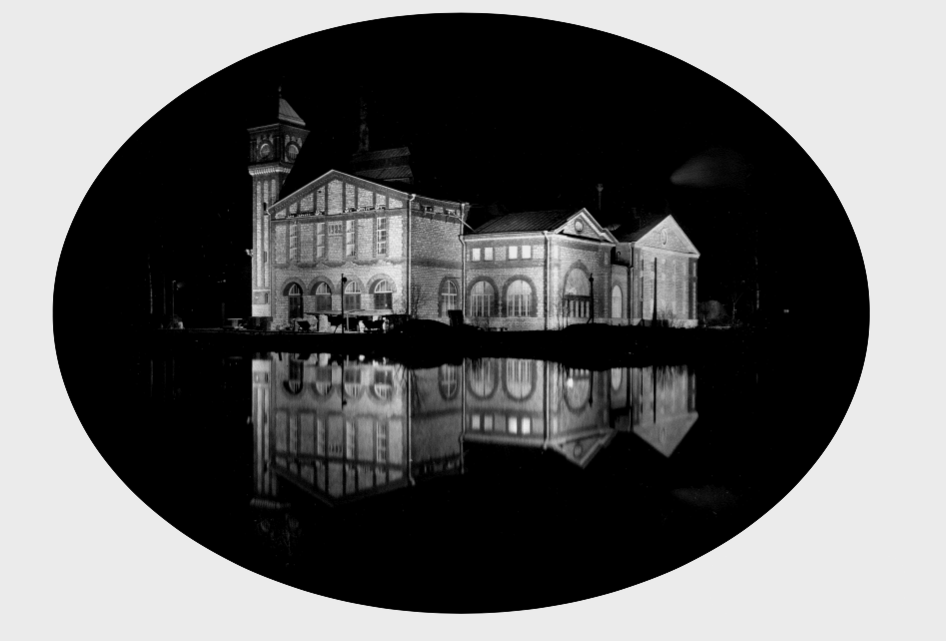
A Century of the Ellamaa Power Station
This exhibition provides a brief overview of the architectural and construction history of the Ellamaa power station, introduces the development of the Turba settlement that arose around the plant, and briefly describes how peat was turned into electricity.
Continue reading
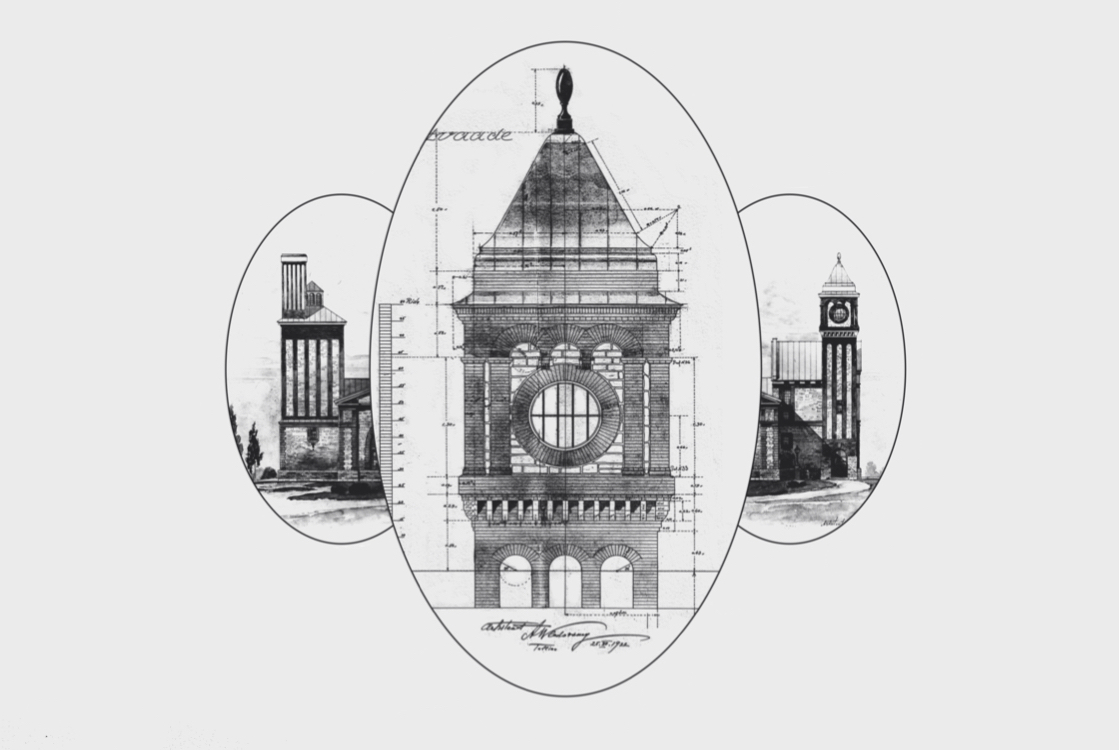
Architecture
The main building of the Ellamaa power plant is one of the most exceptional industrial buildings in Estonia and this both for its architecture and function. From the outside, it slightly resembles a castle, slightly a church, and slightly an ancient temple. There’s plenty of fantasy here.
Continue reading
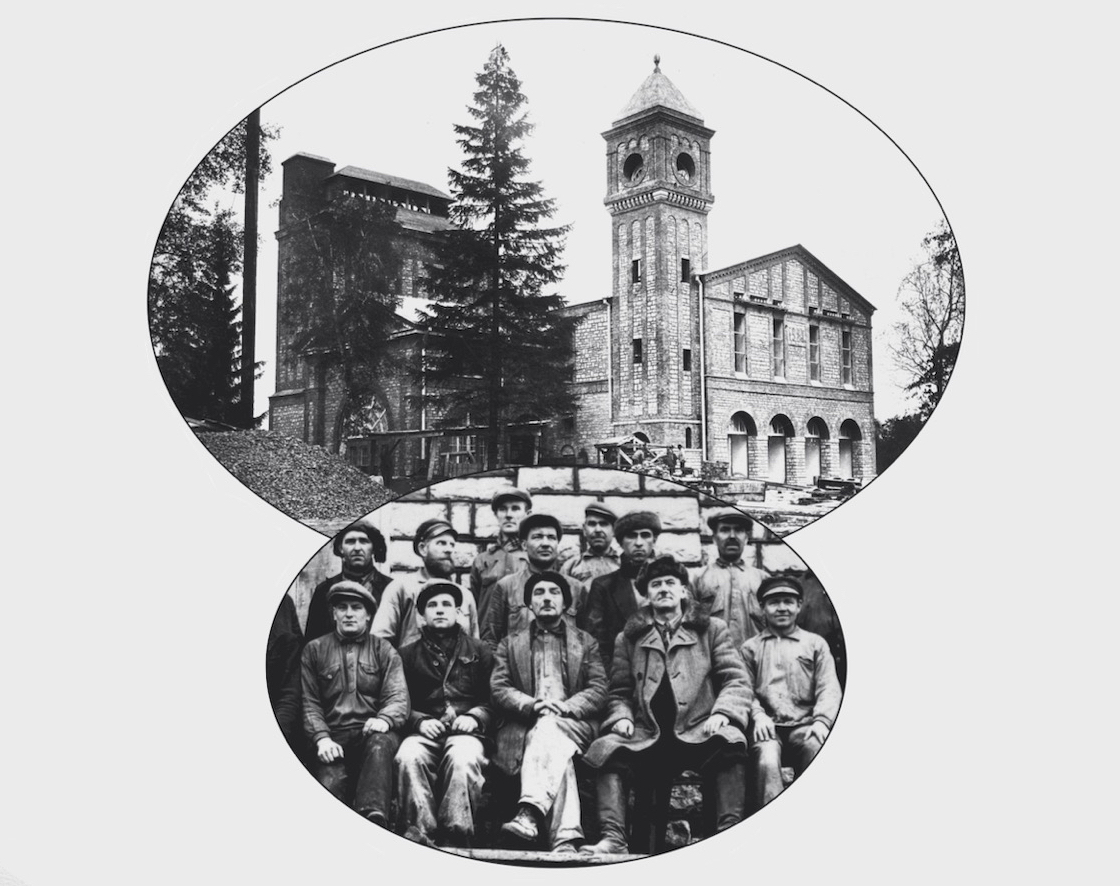
Construction
Initially, the State Peat Industry planned to build a power plant that was only of local importance, i.e. to generate electricity to operate the peat presses operating in the Ellamaa and Sooniste bogs.
Continue reading
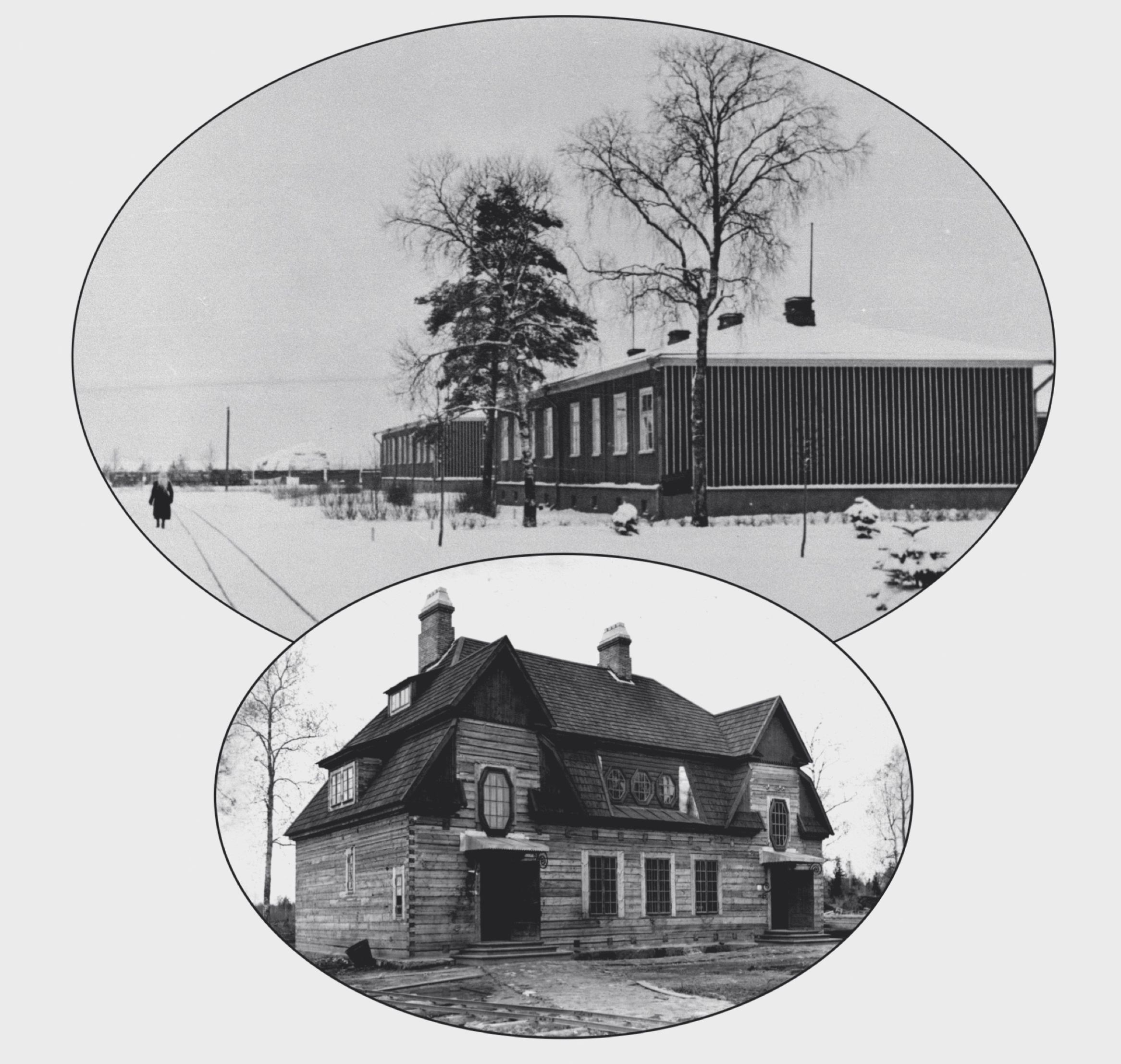
Settlement
The Ellamaa power station is located in Turba township. The oldest building in Turba can be considered the so-called “white barracks” located at the railway station.
Continue reading
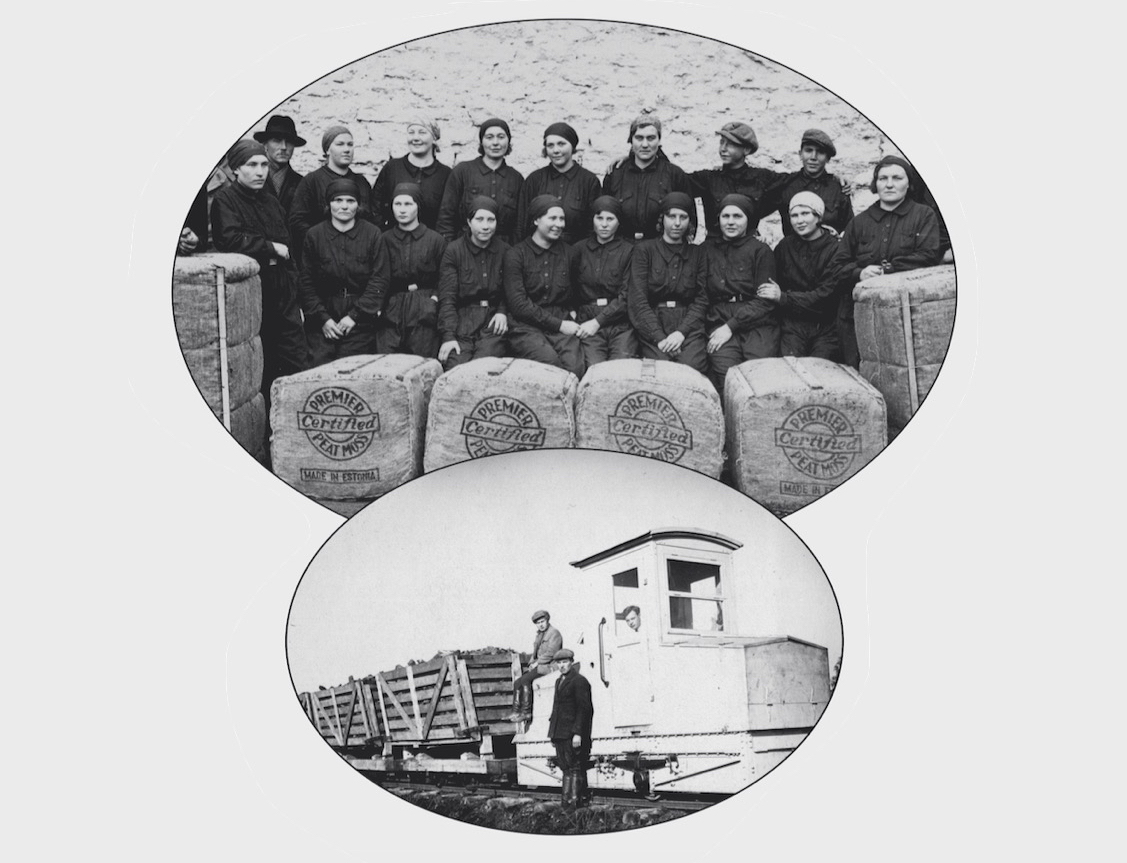
Peat
Two important chapters of Estonian industrial history are intertwined in the story of the Ellamaa power station, i.e. the peat industry and the production and distribution of electricity.
Continue reading
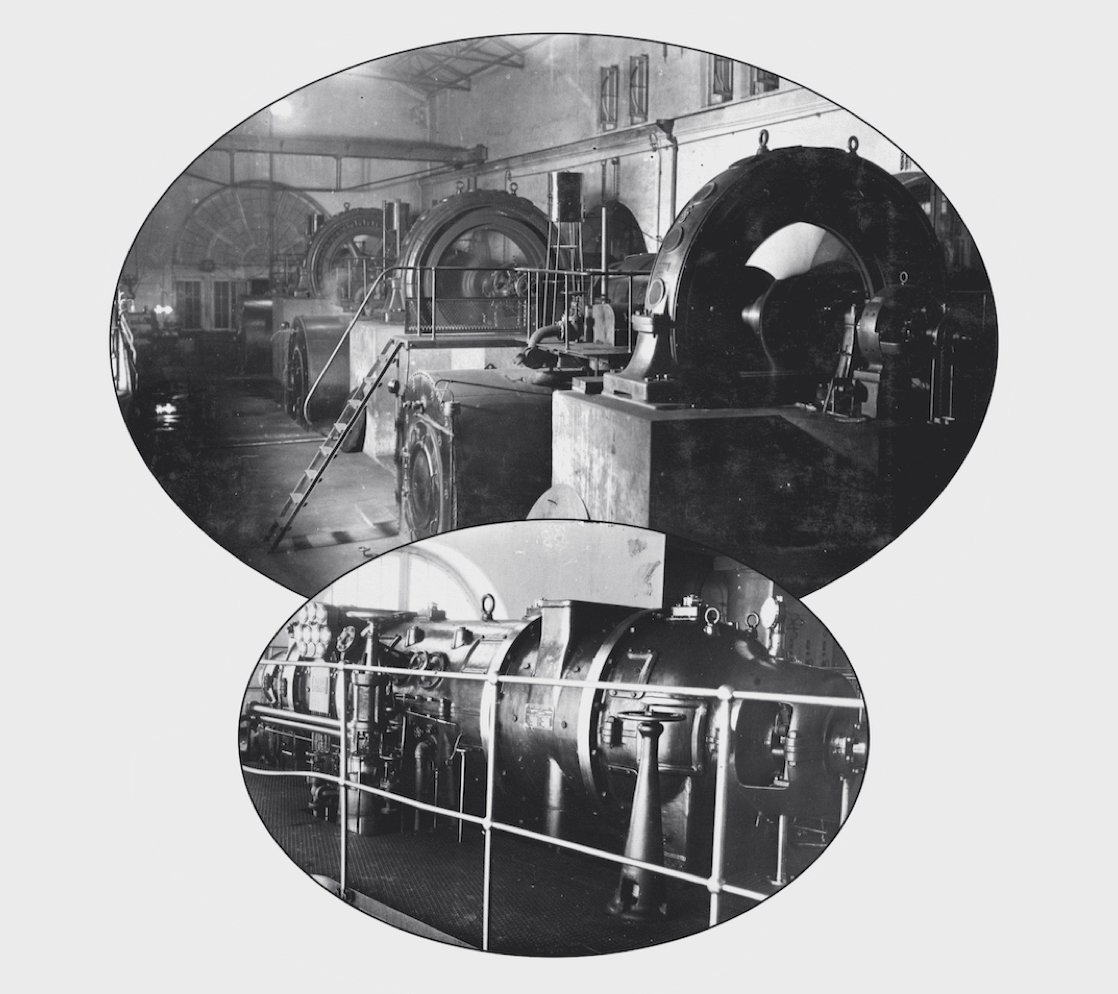
Electricity
The Ellamaa power station both produced and distributed electricity. It was the first major power station in Estonia that began supplying electricity to the local industry, i.e. the Ellamaa peat industry, as well as to the other regions of Estonia.
Continue reading
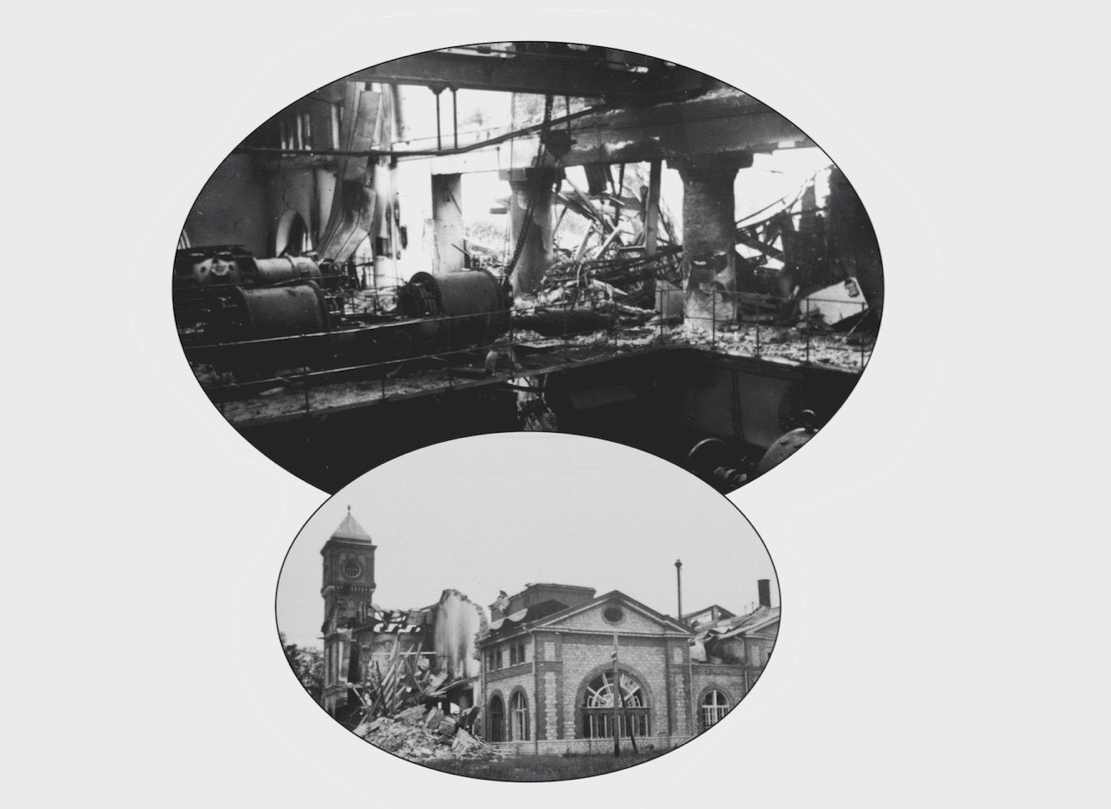
Accidents
During the century of its existence, the Ellamaa power station has had to survive several dramatic events.